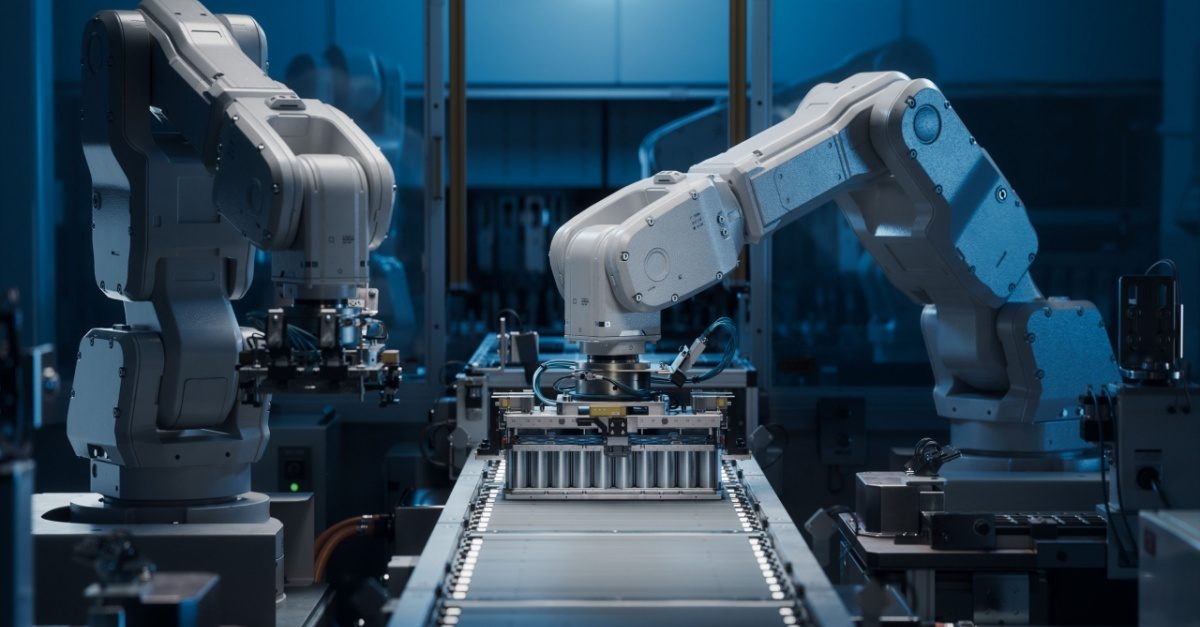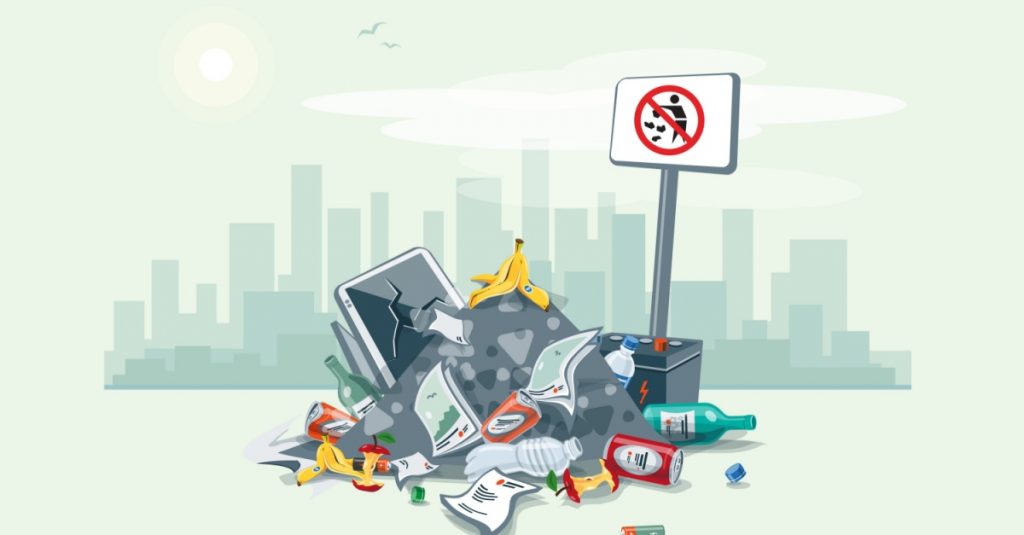
Key Strategies for Minimising Waste in Manufacturing Processes
Minimising waste in manufacturing processes is necessary for optimising operations, cutting costs, and improving sustainability. Waste can take many forms, from excess materials to inefficient energy use. A well-planned approach to waste minimisation can benefit companies in various ways, including reduced operational costs and enhanced environmental responsibility.
Understand the Importance of Waste Reduction
Waste reduction in manufacturing is not just about sustainability. It directly affects a business’s profitability by streamlining operations and reducing costs. Waste takes many forms, such as material waste, overproduction, energy inefficiencies, and defective products. Reducing waste helps manufacturers:
- Lower production costs
- Meet customer demands for sustainability
- Enhance overall operational efficiency
- Ensure compliance with environmental regulations
Reducing waste isn’t just about being environmentally responsible; it’s an operational necessity that leads to long-term success and savings.
Logistics and Waste Minimisation
Waste in manufacturing isn’t confined to the production floor—it extends into logistics. Properly managing the transportation of materials and finished products is crucial for minimising waste. Efficient logistics can be achieved through logistics and supply chain training, and efficient planning can reduce unnecessary transport, fuel consumption, and packaging waste.
Companies can adopt eco-friendly transportation practices to minimise environmental impact further. One such company is goodneighborsmoving.com, which focuses on efficient transportation methods that reduce waste and energy consumption. Using such services helps businesses reduce their carbon footprint and cut down on unnecessary packaging waste.
Lean Manufacturing for Reducing Waste
Lean manufacturing is an approach that helps companies identify and eliminate unnecessary activities. Waste can occur in the form of overproduction, waiting times, defects, and excessive inventory. One of the core principles of lean manufacturing is focusing on continuous improvement. Adopting lean manufacturing principles, constantly refining processes and reducing inefficiencies are just some of the many ways businesses can create more value with fewer resources.
Just-in-Time Production (JIT) is another critical aspect of lean manufacturing. JIT reduces excess inventory by producing items only when needed, preventing overproduction. This approach cuts material waste and reduces storage and handling costs. By adopting lean manufacturing principles, companies can significantly improve their efficiency and ability to minimise waste throughout the production cycle.
Improving Energy Efficiency in Manufacturing
Energy consumption is a major part of any manufacturing process. Inefficient use of energy contributes to both environmental impact and unnecessary costs. To address this, manufacturers can take steps to optimise their energy use.
A good starting point is to conduct energy audits. These audits help identify areas where energy is being wasted, such as outdated equipment or inefficient processes. By pinpointing these areas, manufacturers can take targeted steps to improve efficiency. Replacing outdated machinery with energy-efficient alternatives can also significantly reduce energy waste. Although this might involve upfront investment, the long-term savings in energy costs make it a worthwhile decision.
Additionally, routine maintenance is key for minimising waste in manufacturing processes. Well-maintained equipment runs more efficiently, reducing energy use and the likelihood of breakdowns, which can cause further waste and downtime.

Recycling and Reusing Materials
In many manufacturing processes, there are opportunities to recycle and reuse materials that would otherwise be discarded. By integrating recycling practices, companies can reduce the volume of waste sent to landfills and decrease the need for new raw materials. For instance, scrap metal and other by-products from production can often be reused within the manufacturing process.
Alt-tag: Plastic garbage pressed against a glass window.
Caption: Implementing recycling and reuse practices in manufacturing can significantly reduce the amount of discarded plastic waste, transforming it into valuable resources for future production.
Working with recycling partners can also help ensure that plastic, metal, and paper are properly processed and reused. Segregating materials at the source, for example, makes it easier to recycle them effectively. In some cases, businesses can even sell scrap materials, turning waste into a secondary revenue stream while reducing environmental impact.
By focusing on recycling and reuse, manufacturers can lower costs associated with raw material procurement while simultaneously cutting down on waste.
Optimise Inventory Management
Effective inventory management plays a crucial role in reducing waste. Overstocking raw materials can lead to unnecessary waste if those materials expire or become obsolete. On the other hand, understocking can result in rushed orders or inefficient production, leading to wasted resources.
Accurate demand forecasting can help businesses produce the right amount of products without overproduction or shortages. Similarly, periodic inventory audits allow businesses to assess their stock levels, identify slow-moving items, and adjust their purchasing strategies accordingly. The Just-in-Time inventory method also supports waste reduction by minimising excess stock, ensuring materials are only ordered when needed.
Sustainable Product Design
Sustainability begins at the design stage. By considering sustainability in product design, manufacturers can reduce waste not just in the production phase, but throughout the product’s entire lifecycle. Sustainable design focuses on using fewer resources, creating products that are easier to recycle, and ensuring products last longer.
For example, modular design techniques allow products to be easily repaired or upgraded instead of discarded. In addition, selecting recyclable or biodegradable materials can help reduce the waste generated once the product reaches the end of its useful life.
Furthermore, companies can reduce packaging waste by using minimalist packaging designs. This approach reduces physical waste and aligns with consumer expectations for environmentally conscious products.
Engaging Employees in Waste Reduction
One of the most overlooked aspects of waste reduction is the role employees play in the process. Workers on the production floor often have valuable insights into inefficiencies and areas where waste can be minimised. Creating a culture encouraging employee participation in waste reduction efforts can yield innovative ideas and more sustainable practices.
Regular training helps employees understand the importance of waste reduction and how they can contribute. Furthermore, involving employees in waste management discussions and decision-making can foster a sense of responsibility and ownership over waste reduction efforts. By making waste reduction a company-wide priority, businesses can tap into their workforce’s potential for identifying and addressing inefficiencies.
Cut Waste and Boost Efficiency
As you can see, minimising waste in manufacturing processes is important for achieving long-term operational efficiency and sustainability. By adopting lean manufacturing principles, improving energy efficiency, recycling materials, optimising inventory management, and engaging employees, companies can make significant strides in minimising waste. These actions contribute to environmental responsibility and lead to cost savings and better overall performance.

Completing a manufacturing and production course with the Institute of Supply Chain Management (IoSCM) will certify your knowledge and skills to give you the best grounding for progression in your career. With our expert support network and unmatched resources, we provide more than just a manufacturing qualification – we give you the tools to grow, learn and progress as an industry professional.
Unlike other manufacturing and production training providers, we provide learners with the opportunity to develop their skills through a bespoke distance learning format, with support from industry experts every step of the way. You can custom build your course to suit your current experience level, career ambitions and employer’s objectives.
